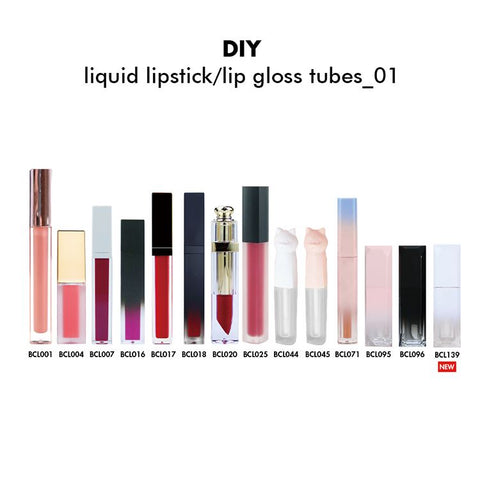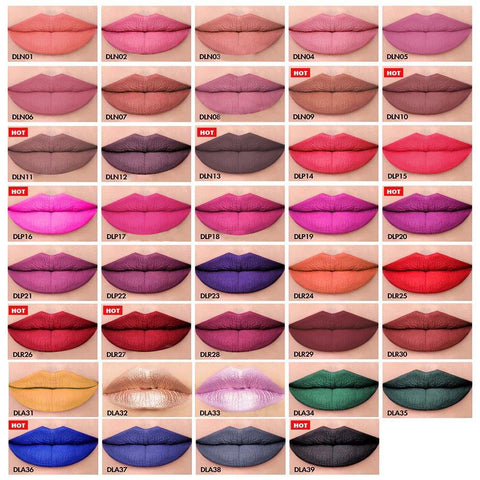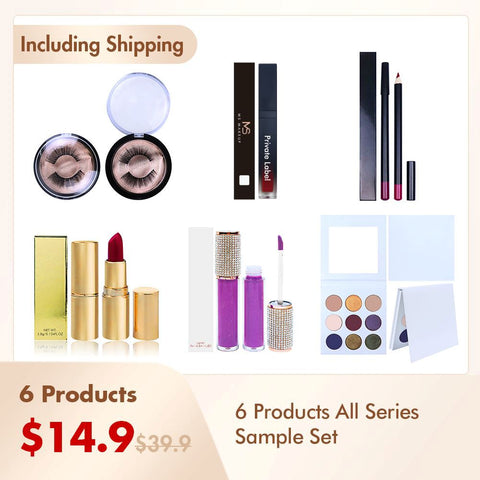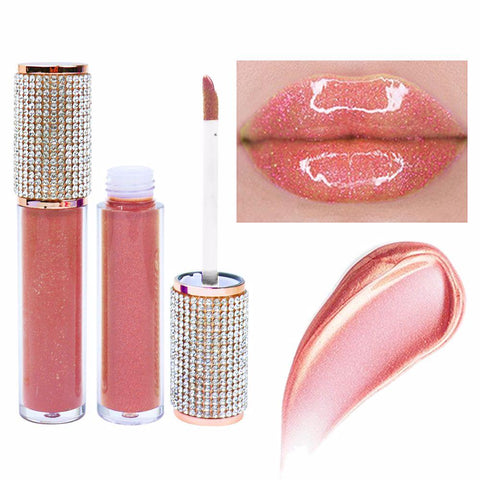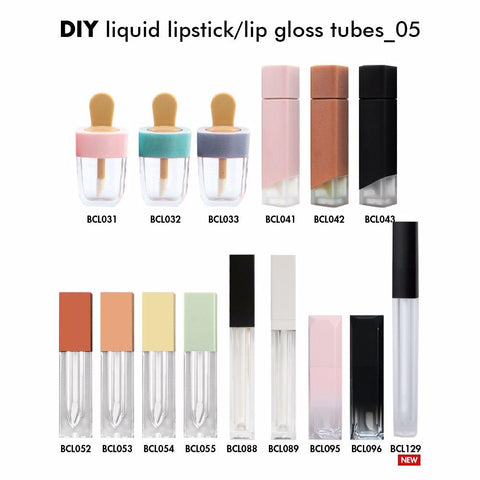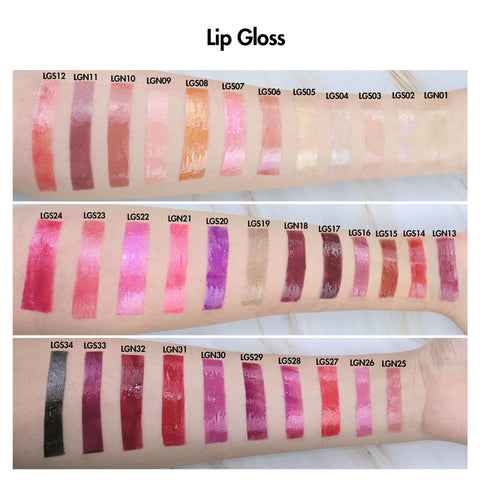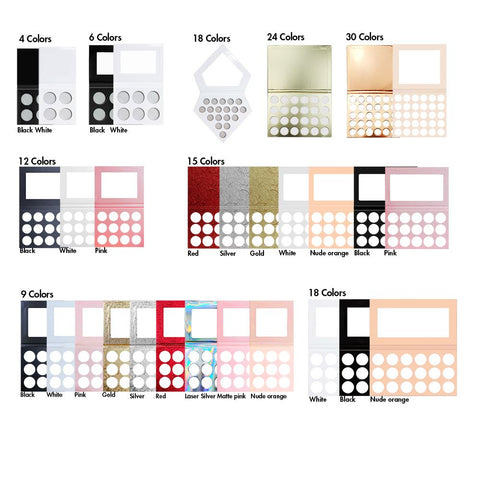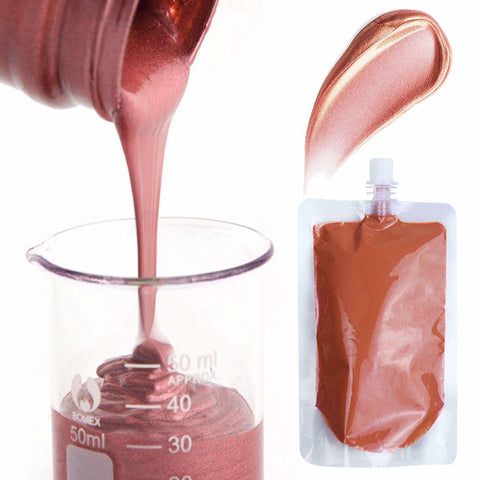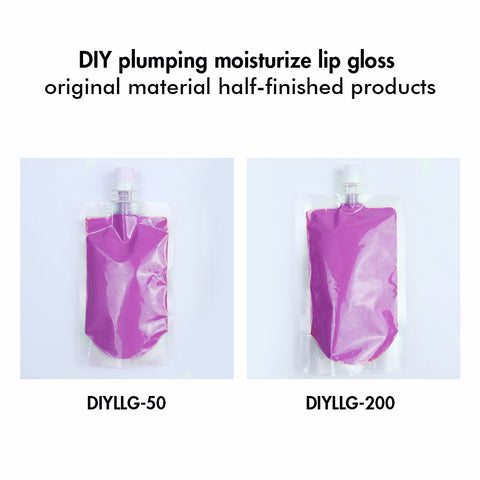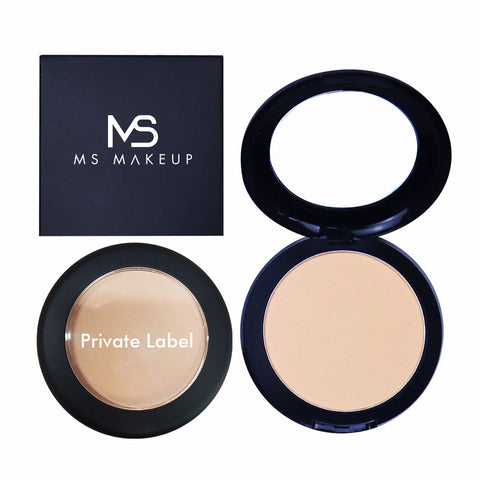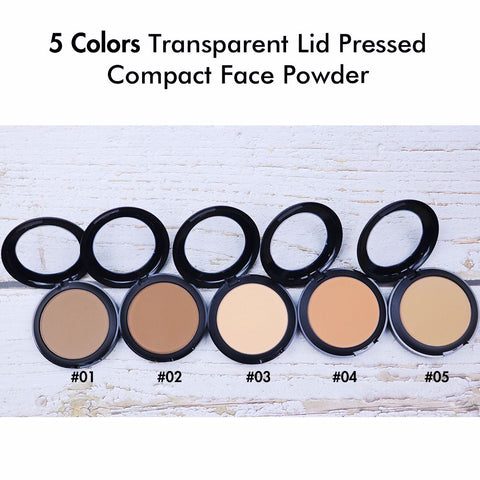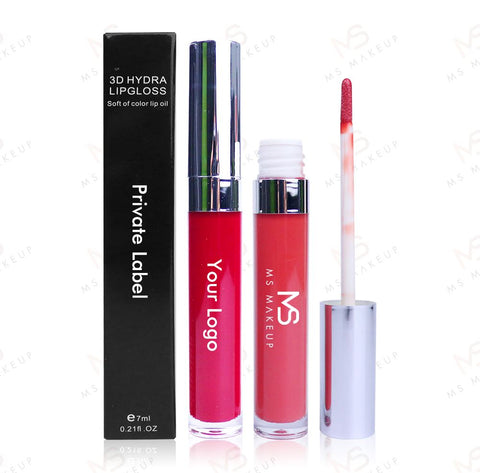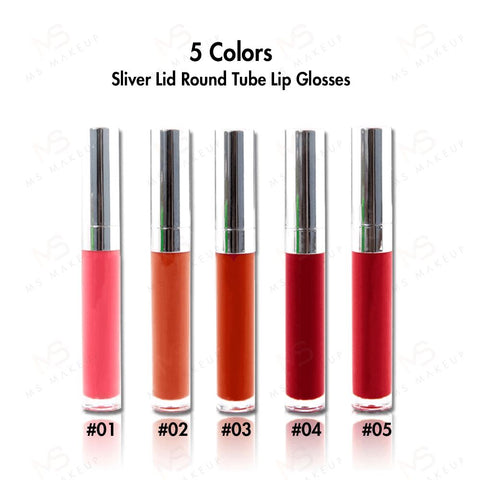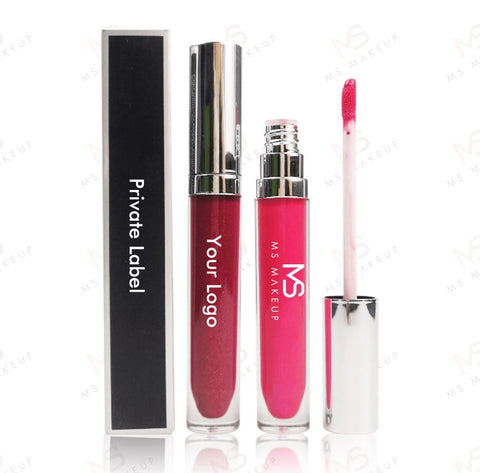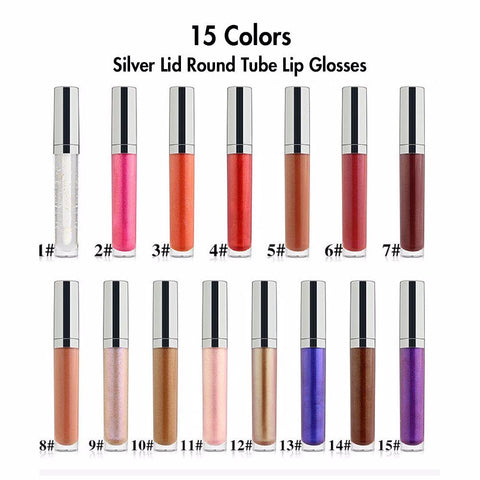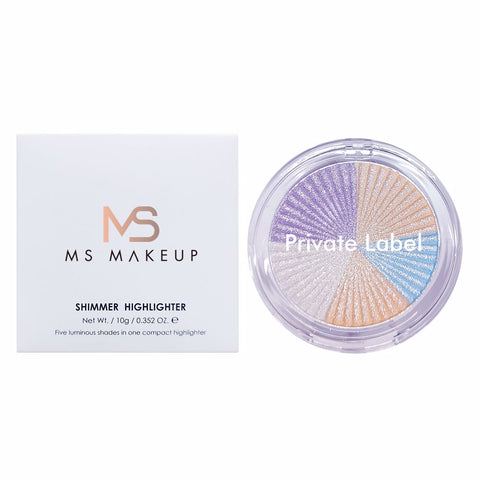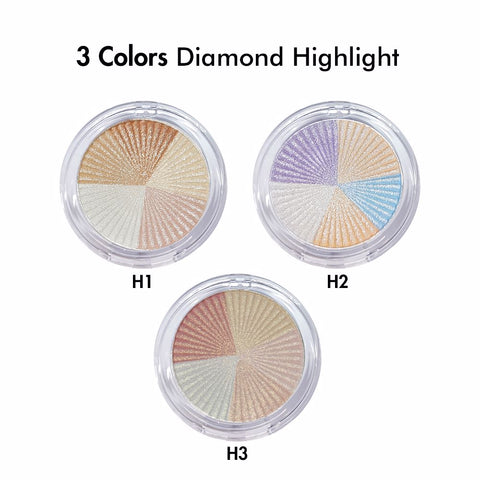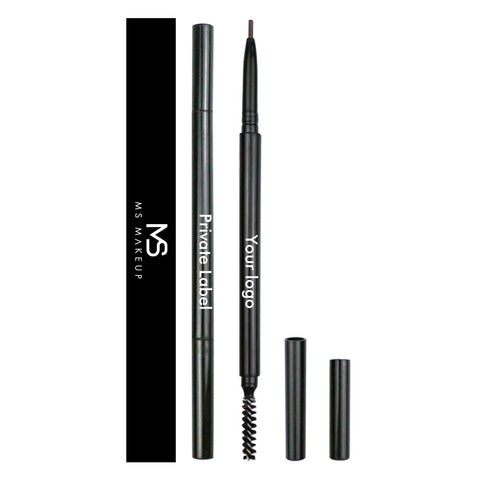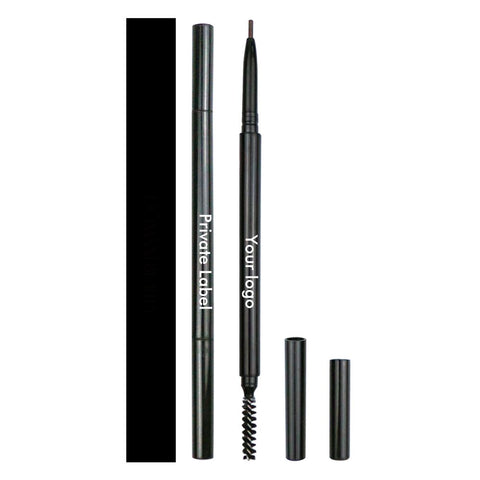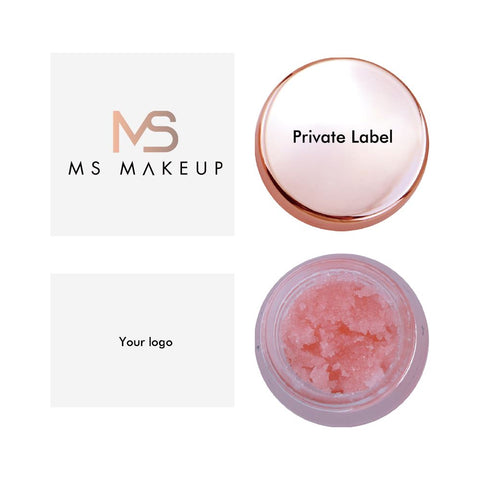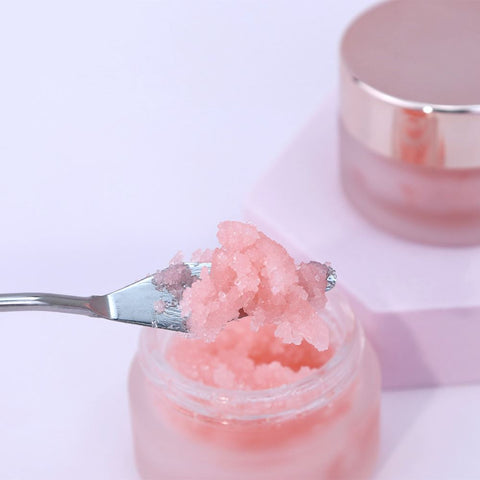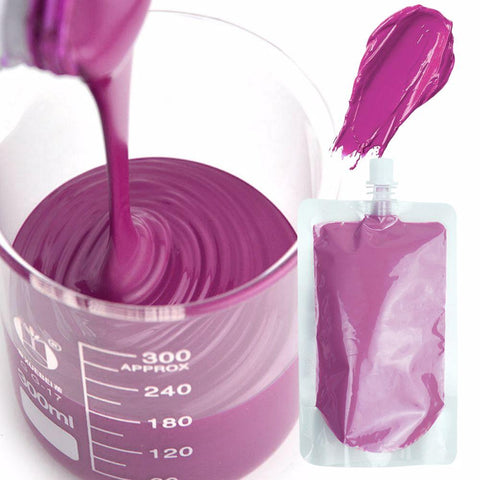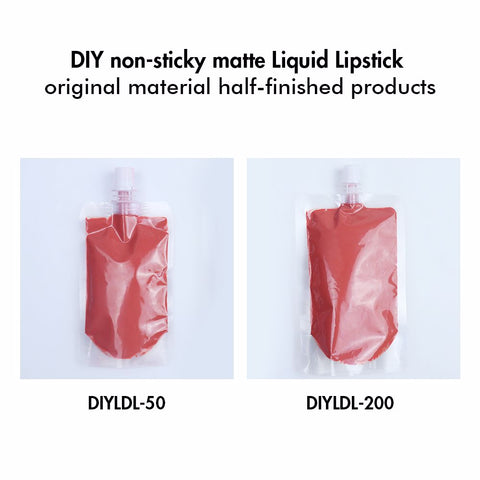Make, Manufacture, White Label, or Resell?

Starting your own makeup line can range in difficulty from simple (reselling, making basic lip balms from your kitchen) to complex (developing formulations in partnership with a manufacturer). How you decided to produce or procure products for your store will depend on your time, skill level, and funding as well as the complexity of your product’s formulation. Here we’ll explain four ways to produce—or procure—products for your makeup brand.
1. Making your own cosmetics
Some beauty products, like lip balms, face oils, and bath products, are so simple to make that you can start a makeup line from home. If you do, carefully test and document your process so your formula remains consistent as you grow or move to a commercial facility.
Even though your “manufacturing facility” may be your kitchen at first, be sure that you’re still following local regulations. To manufacture cosmetics in the US, for example, the FDA sets guidelines for ventilation, air control, and surfaces.
This is a great starting point for new brands if you have a product you can make yourself. Factories often have high minimums that are difficult to meet. Soon, though, you may graduate to a more formal manufacturing process.
I realized there’s no way that I should keep doing something that I wasn’t an expert at. In order for us to effectively sell, I needed to be able to produce en masse.
Melissa Butler, The Lip Bar
“I had no idea how to make lipstick,” says Melissa about building The Lip Bar and learning the ropes through research and connecting with cosmetic chemists. She made early formulations from her apartment but eventually hit a wall. “I realized there’s no way that I should keep doing something that I wasn’t an expert at,” she says. “In order for us to effectively sell, I needed to be able to produce en masse.” This freed up her time for creativity and storytelling.
Making your own cosmetics might bring you joy, but if your strengths and interests in the business lie elsewhere, know when it’s time to outsource.
2. White label manufacturing

White label (or private label) refers to generically manufactured products that may or may not be customized slightly with color or fragrance and are packaged and sold under your own branding. Many brands may use the same formulation made by the same facility, with subtle variations and different packaging.
White label is an ideal option for brands selling a novelty item or unique concept versus a unique product. For example, if you were to launch a unicorn-themed store, maybe you’d sell private label lipsticks with unicorn packaging and magic/fantasy inspired names. In this case, the lipstick itself is not as important as the branding or concept.
White label is a great way to move quickly from idea to finished product, especially if you’re jumping on a hot trend—there’s no need to test and tinker with new formulations over time.
Megan Cox, founder of lash brand Amalie, took her experience building her own brand and formulations and launched Genie Supply, a “beauty lab for entrepreneurs” that specializes in private label clean cosmetics customized for small brands making a first foray into manufacturing.
3. Manufacturing cosmetics (unique formulations)
Here, we’re referring to making formulations from scratch in a manufacturing facility. Large brands may have their own factories, but many manufacturers produce products for multiple brands in the same space. This is a more accessible option for young brands.
When Kate launched Redhead Revolution, she was producing products as a home business, selling on online marketplaces. When she introduced mascaras to the line, she contacted chemists to help her get the formulas right before outgrowing her home operation.
I was actually able to go to the factory in person and meet the people and create a relationship with them.
Kate Loveless, Redhead Revolution
Kate eventually settled on a manufacturer, but only after she did plenty of research. “I knew that I was looking for companies that focused a little bit more on higher quality, more natural ingredients,” she says. Finding a local manufacturer was important to her so she could stay close to the process. “I was actually able to go to the factory in person and meet the people and create a relationship with them.”
When building Vive, Leslie says she and Joanna did research and reached out to several manufacturers—sometimes being ignored—and requested many samples before finally settling on one. “We went with the manufacturer we felt gave us the most attention and could deliver quality products.” New to the industry, the two women spent a lot of their own time and money to figure out manufacturing on their own. Leslie’s advice for others? “I recommend finding a product developer or consultant to help you navigate the process.”
There are many online resources to help connect you with manufacturers both in North America and overseas.
Start with these:
4. Curating and re-selling cosmetics

You can also sell makeup online by skipping the manufacturing altogether. Buy wholesale from multiple brands, bringing a curated shopping experience to your customers. Think themes: local-only brands, natural or organic products, products for specific skin types or conditions, etc.
“I started out pretty low-tech,” says India. “I had a whiteboard in my dining room with a list of all the brands I wanted to contact and whether or not I had heard back from them.” She curates brands for her online and physical store that are cruelty free and natural, bringing coveted labels over the border for her Canadian customers.
If you’re looking to curate and resell, consider:
- Compatibility of brands. Is there any competition?
- Availability in your market. If you’re shipping to Canada, for example, who else is shipping that particular brand in this market?
- Importing fees. Factor in any after-the-fact fees you may incur when pricing your products. India suggests setting up an account with a shipping carrier rather than relying on vendors to ship.
- Dropshipping. This is a great solution for online cosmetics businesses, as you don’t need to manage your own inventory or shipping.
Beispiel-Block-Zitat
Praesent vestibulum congue tellus bei fringilla. Curabitur vitae semper sem, eu convallis est. Cras felis nunc commodo loremous convallis vitae interdum non nisl. Maecenas ac est sit amet augue pharetra convallis nec danos.
Beispiel Absatztext
Praesent vestibulum congue tellus at fringilla. Curabitur vitae semper sem, eu convallis est. Cras felis nunc commodo eu convallis vitae interdum non nisl. Maecenas ac est sit amet augue pharetra convallis nec danos dui.
Cras suscipit quam et turpis eleifend vitae malesuada magna congue. Damus id ullamcorper neque. Sed vitae mi a mi pretium aliquet ac sed elitos. Pellentesque nulla eros accumsan quis justo at tincidunt lobortis denimes loremous. Suspendisse vestibulum lectus in lectus volutpat, ut dapibus purus pulvinar. Vestibulum sit amet auctor ipsum.
